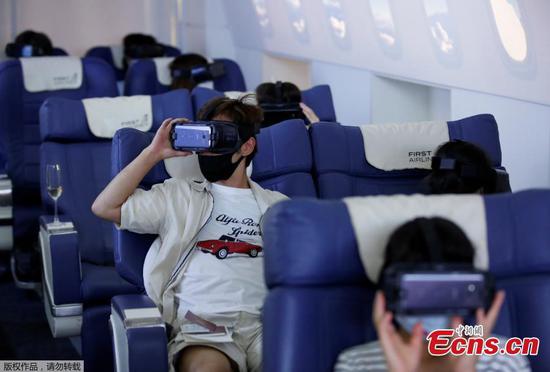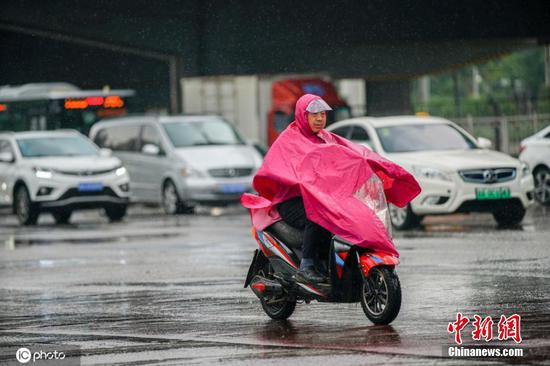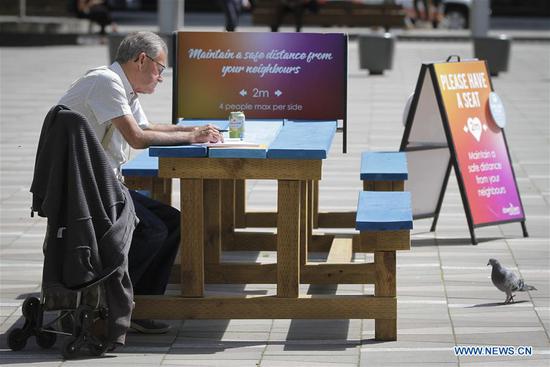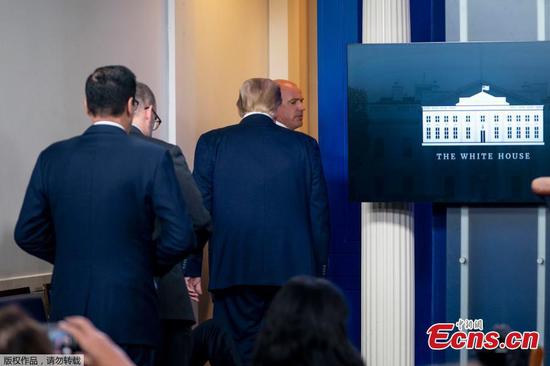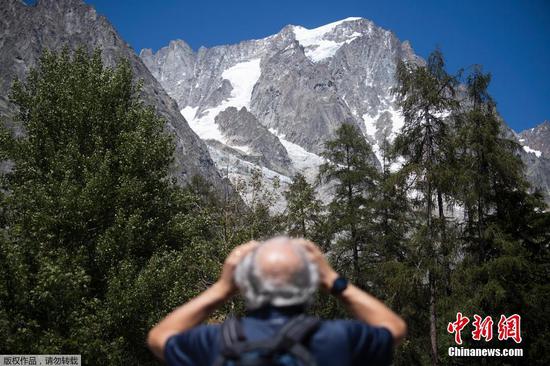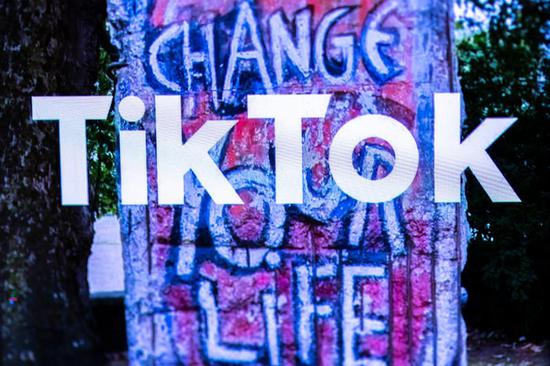
Photo taken on Aug. 11, 2020 shows a mobile phone running the TikTok app in London, Britain. (Photo by Ray Tang/Xinhua)
When 23-year-old Shauna McMahon heard about the U.S. suppression of Chinese app TikTok, she was shocked.
"TikTok isn't harmful -- people are just being creative on it!" said the young Irish woman.
And McMahon is not alone in her thoughts. In the eyes of many European experts and TikTok users, the U.S. threat to ban the popular short video-sharing app under clearly false allegations is nothing but a move of protectionism to monopolize the tech economy.
Such flagrant suppression, they said, will not only cloud the lives of hundreds of millions of ordinary people who have turned the app into a worldwide subculture, but also the very future of the global economy.
FALSE ALLEGATIONS
U.S. President Donald Trump issued an executive order in early August banning any U.S. transactions with Chinese tech firm ByteDance, owner of TikTok, beginning 45 days later, citing national security concerns.
However, probes into TikTok privacy and security policies have been conducted both in Europe and the United States, and no evidence of unlawful use of information was found.
Baptiste Robert, a renowned French security researcher who has analyzed TikTok's app code, hasn't uncovered anything unusual.
"TikTok does not behave suspiciously and does not filter unusual data. It's quite common in the app world for apps to obtain data from the user's device, and we would get similar results with codes of Facebook, Snapchat, Instagram and others," Robert was quoted by Belgian newspaper L'Echo as saying.
The ban is pushing the United States down the road of "isolation and discrimination against certain countries, instead of integration and free competition," said Carl F. Fey, professor of international business at Finland's Aalto University.
"If the concern is truly the security of information, why not put in place stricter requirements on what information can be collected and how/where it can be stored?" Fey said in a statement to Xinhua, voicing concerns over Washington's aggressive approach against Chinese companies.
Behind the ban is "a global race to access the younger generation," and the result of TikTok's ability to nab significantly higher participation of young people aged 16-24 than competing U.S. companies, said Barbara Giza, head of Faculty of Journalism at SWPS University of Social Sciences and Humanities in Warsaw.
Some European netizens also decry the ban's absurdity, saying it conceals deeper U.S. intentions.
"No application may steal confidential information from you unless it's owned by the United States," wrote a user from Bosnia and Herzegovina on the Klix.ba news website.
"This resembles cowboy behavior ... And the fact that Facebook is spying, collecting locations, recognizing faces, importing contacts from phones all over the globe concerns nobody," a Serbian reader wrote on RTS website.











